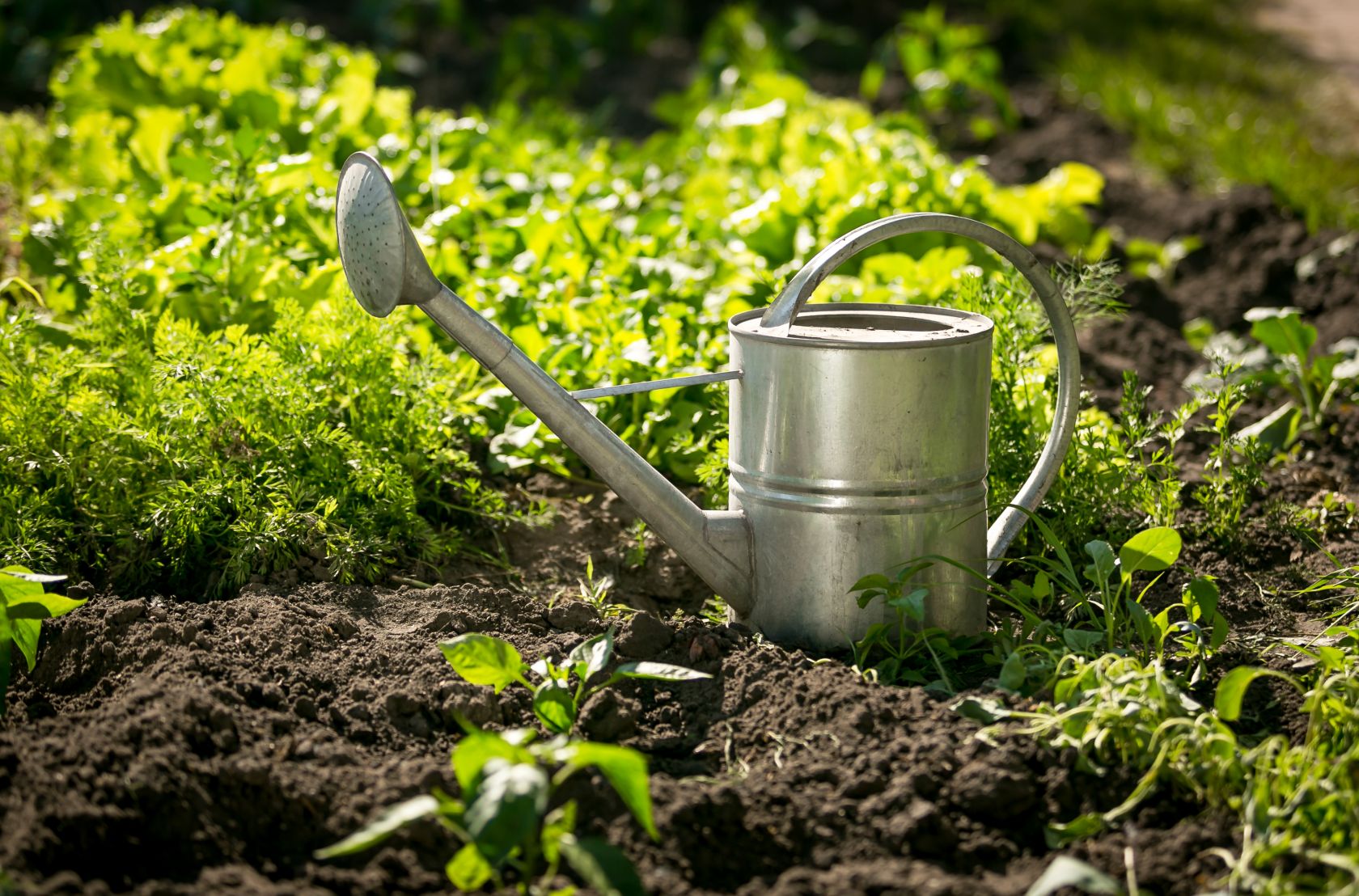With the cost of living on the increase, maybe it’s time we thought more about growing our own food. I don’t mean a herd of cattle for your steaks, or pigs for your bacon – something a little less grand, but nonetheless achievable. Nothing is nicer than fresh homegrown food, and if you grow too many of anything, you can swap your extra tomatoes, for example, for your neighbours’ extra green beans. Another option is to give your excess to one of the charities that provide food for needy families, who are always desperate for free food to give away.
One of the vegetables that are so easy to grow are tomatoes, and I although know they seem something that is dragged up on almost every gardening page, they are so easy to grow, even in pots on your balcony. The climate in Portugal is ‘ripe’ for them and they are on every menu in some form or another. They just need a little TLC and feed now and again, and you will have a crop to be proud of.
Fava beans, red beans, white beans, black-eyed beans, collards, kale, potatoes, onions, carrots, etc are all grown far and wide in Portugal – take your pick of the ones you might eat the most. Onions would be on my list, plus carrots – these are both veggies that grow below ground, so you would need to ensure the soil is clear of stones and soft enough for them to reach their optimum size. Pumpkins do well here, but are land greedy – they have a sprawling above-ground need, so unless you have a field, you might want to think twice, as they need a lot of space.
Raised Beds
If you can’t plant stuff directly into the ground - maybe it’s just too stony - you can build raised beds, and there are many advantages to this, including wheelchair access - and ultimately it means less bending for everyone that uses them. But it can be hard work to set up, can be costly and you need to find enough soil and/or compost to put in the beds.

One way to fill the beds is to use old logs, branches and twigs which you then cover with soil. The logs soak up the winter rain and supply moisture though much of the growing season. This form of growing is called Hügelkultur. The original practice was just to form mounds of logs and cover them with soil, and this method has been used for centuries in eastern Europe and Germany. Using raised beds is just a tidier form of the same idea.
Other Health Benefits
Apart from the obvious production of food, the very act of gardening is healthy - it’s a relatively active pursuit, though you might not think of it as such. In fact, an Australian study found gardening to be more effective than walking as away to help ward off dementia.
Gardening has been found to be a way of reducing the risk of cardiovascular disease and presents itself as being specifically good for the heart. Although it can be hard work, gardening provides some cardiovascular benefits, including the burning of calories and building up the strength of the heart.

And it’s not just physical health, but mental health too. While it has physical benefits, science has established that people are happier in nature, and a decrease in contact with nature can result in health and behavioral problems for kids, which is being called a ‘nature-deficit disorder.’ And it’s not just a blanket statement - science has proved that when people inhale M.vaccae, a bacteria that lives in the soil, it increases serotonin levels and reduces anxiety, actually improving your mood and making you feel happier.
Gardening can also reduce the symptoms associated with stress, depression, and anxiety. Gardening can also increase life satisfaction and improve quality of life and help you sleep better, which means good things for your immune system - getting a good night’s rest can allow your body the time it needs to recover quickly from illnesses.
Marilyn writes regularly for The Portugal News, and has lived in the Algarve for some years. A dog-lover, she has lived in Ireland, UK, Bermuda and the Isle of Man.















